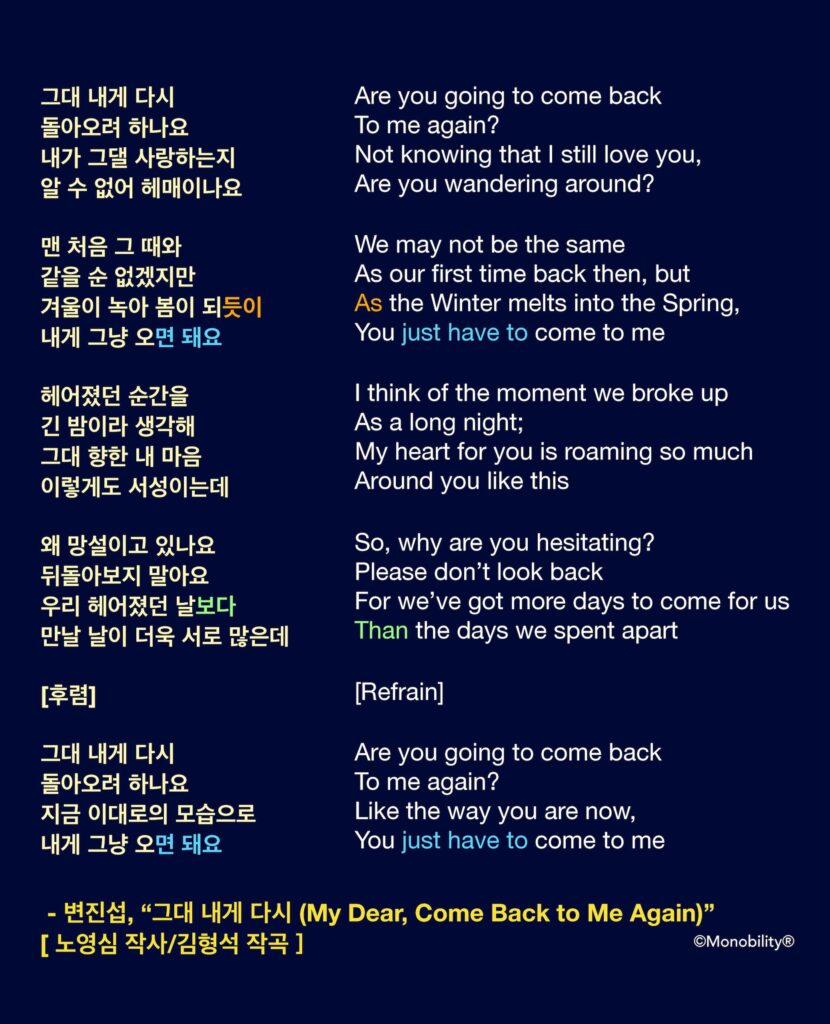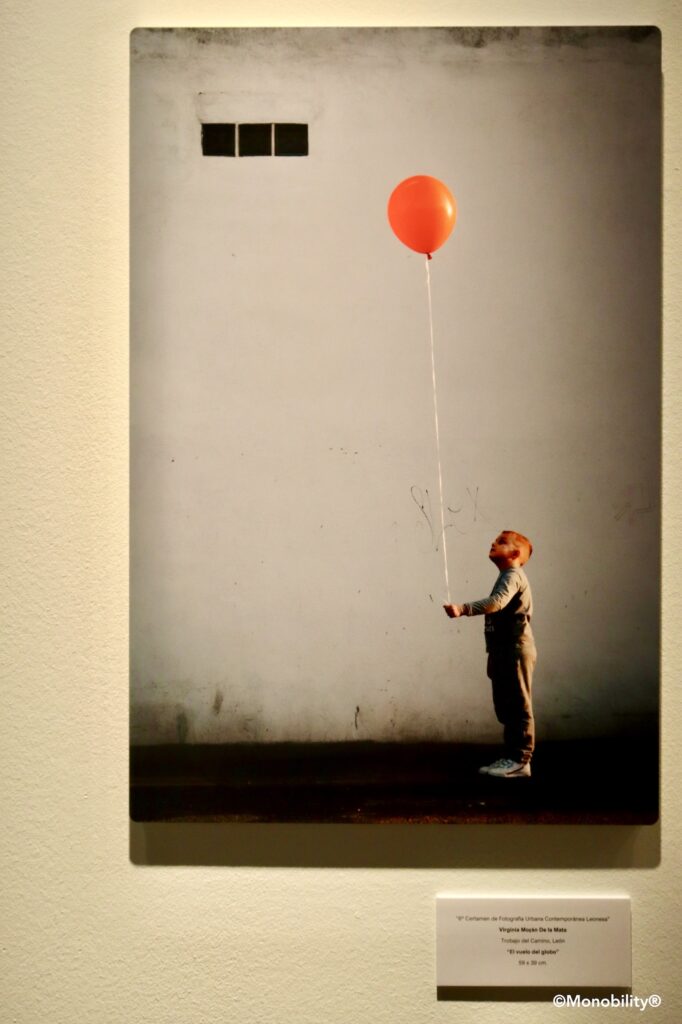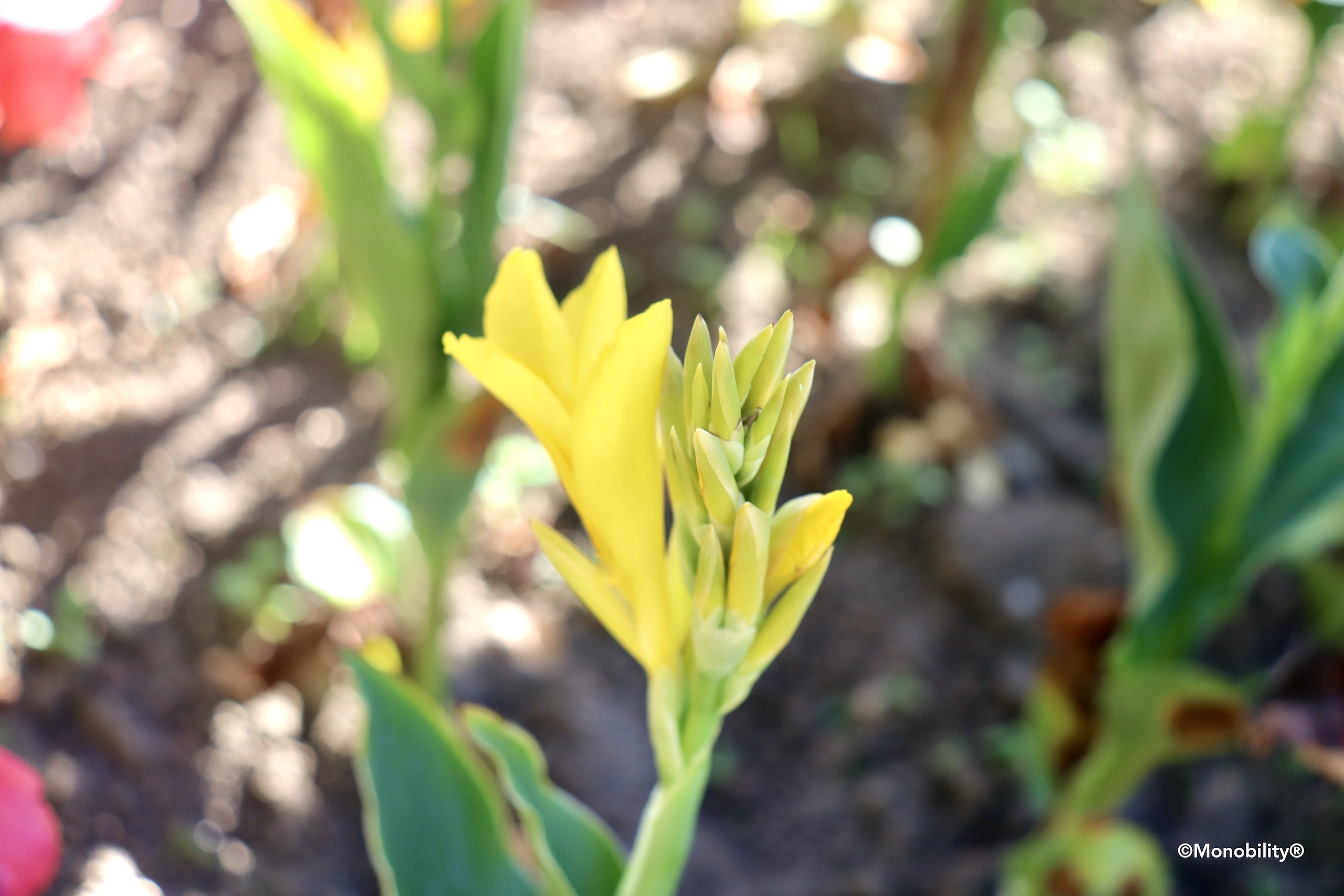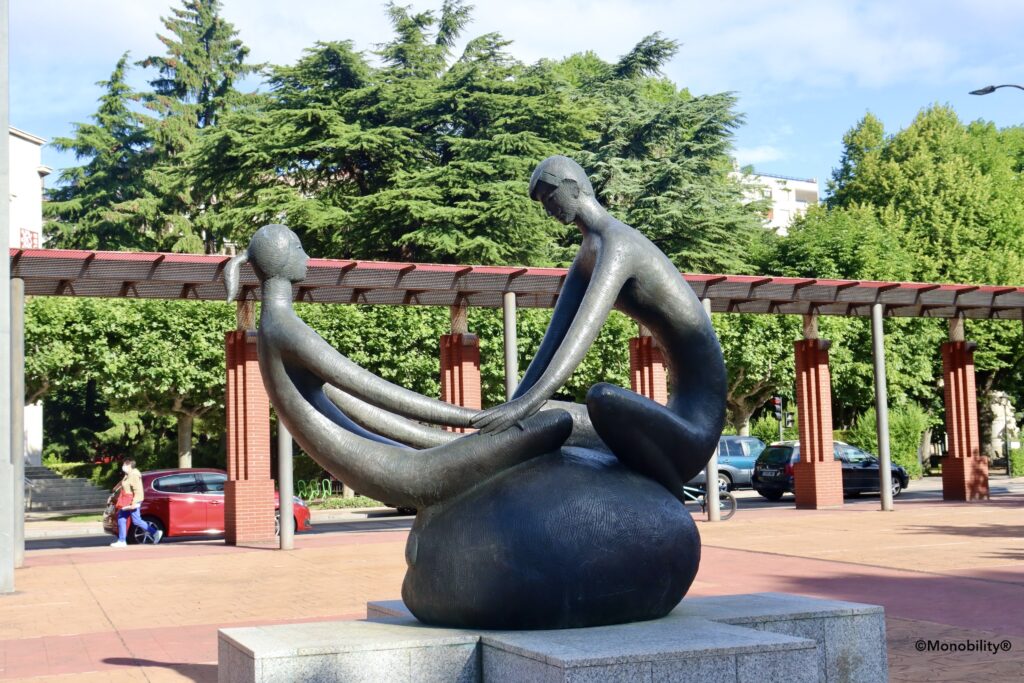Ah, nostalgia. 추억. 회상. 그리움. 향수. The bittersweetness of reminiscing and regretting all things past is one of the good things about human memory (기억). These days some people have a certain collective nostalgia about past might and glory of their own tribes and try to do something about it, often in vain, almost always causing troubles with other people, when it’s already too late. But like me, if you choose to live a simple life, your nostalgia would be mainly about your childhood.
For many Koreans who lived their childhood in 1980’s, “응답하라 1988 (Reply 1988) (2016)” is one gigantic treasure trove of such nostalgia. Embroidered with jewels of songs long forgotten, all of its 20 episodes are a humble and honest portrayal of average Korean teens’ life with their families and neighbors struggling for a better future during the turbulent period of developing Korean society. Each episode is almost 2 hour-long slow cooked stew, spiced up with two major regional Korean dialects in strong accents. So, definitely this drama is not for every learner of Korean. But if you do love Korean songs, you will absolutely enjoy the greatest 80’s and 90’s hits that stand the test of time, remade with sophistication by today’s top singers. And perhaps, they may also inspire you with nostalgia of your own childhood, to reminisce the innocent times, first kiss, and first love.
One of such songs I captured from the drama for our members is “그대 내게 다시 (My Dear, Come Back to Me Again)” sung by the legendary singer 변진섭. To my pleasant surprise, the original version of this exquisite ballad starts with an instrumental introduction on the famous “Deborah’s Theme” by Ennio Morricone. Out of all the movies I’ve watched, no other scenes expressed human “nostalgia” of first love more beautifully than the one in Sergio Leone’s “Once upon a Time in America,” immortalized by Maestro Morricone’s haunting melody:
Aptly introduced by the greatest theme of nostalgia, “그대 내게 다시” sings of two former lovers who are about to restart their relationship all over again. The lyrics, written by 노영심 who wrote other songs for the singer, epitomize innocence and truthfulness of the bygone era, imbued with simple but utterly lyrical Korean traditional expressions like “겨울이 녹아 봄이 되듯이” (As the Winter melts into the Spring). Many other singers have covered this great ballad since its release in 1992. But in my opinion, nobody could sing it better than the original. Not even close. With 변진섭’s incredibly expressive voice exuding purity and sincerity in each stanza, “그대 내게 다시” is an incantation, almost a fervent prayer, for a lost love to come back again, just one more time.

그대 my love, my dear [ poetic, elegant form of “you” ]
내게 to me [ Dative case; 나한테 is more commonly spoken in daily speech ]
다시 again
돌아오다 come back; 돌아오려(고) 한다 try to come back, intend to come back [ (verb)-려고 하다 indicates the intention, attempt to do something ]
그댈 = 그대를 [ accusative ]
사랑하는지 알다 to know whether … loves [ (verb)-는지 is the particle for a subordinate clause for main verbs such as “알다” “모르다” ]
알 수 없다 can’t know; wouldn’t know
알 수 없어(서) since … can’t know [ -어서 indicates the reason for the action of the subsequent clause. ]
헤매이다 = 헤매다 wander [ -나요 is the ending for a question; polite, informal ]
맨 처음 the very first time
그 때 then, at that time
-와 같다 the same as …
같을 순 없다 = 같을 수는 없다 can’t be the same
같을 순 없겠지만 can’t be the same, BUT [-겠지만 indicates “but” at the end of the sentence = “Although … can’t be the same.” ]
겨울 Winter; 가을 Fall/Autumn; 여름 Summer; 봄 Spring
녹다 to melt; 녹아 = 녹아서 melt and then, melt to become, since it melts …
되다 to become [ (verb)-듯이 As …; Like … = clauses for simile ]
그냥 just, simply
오면 돼요 … just have to come [ (verb)-면 되다 just (only) have to … ]
헤어지다 to break up; 헤어졌다 broke up;
헤어졌던 순간 the moment when … broke up [ -ㅆ던 forms a relative clause in past tense that modifies the following noun 순간 ]
긴 long
밤 night
생각하다 to think; [ Noun A-을/를 Noun B-이라(고) 생각하다 = think of A as B ]
향한 towards
내 마음 my heart
이렇게도 so much like this
서성이다 roam around
왜 why
망설이다 to hesitate; to hold back; 망설이고 있다 to be hesitating [ -고 있다 present progressive tense ]
뒤돌아보다 to look back; [ -지 말아요 forms a negative command, polite, informal ]
헤어졌던 날 the day when … broke up
(noun)-보다 than [ forms a comparative sentence ]
만날 날 the days when we will meet [ 만나다 to meet; 만날 = 만나+ㄹ forms the relative clause in Future tense, which modifies the subsequent noun 날 (days) ]
더욱 more = 더
서로 each other [ Apparently this is a “filler” in the lyrics. In a normal, daily speech, one would say simply “더욱 더 많은데” or “서로 만날 날이 더 많은데” ]
더욱 많다 to be more; 많은데 because/since/for … are more [ -ㄴ데 is an unfinished clause ending that implies a reason for the statement, or a contrastive statement to the main clause. ]
지금 now
이대로 as it is; as you are; like this
모습 shape, looks, image; 모습으로 with the image of … = in the way … [ (noun)-으로 indicates means/methods of the action of the verb in this context = “with” ]
Check out Monobility® page and channel:



